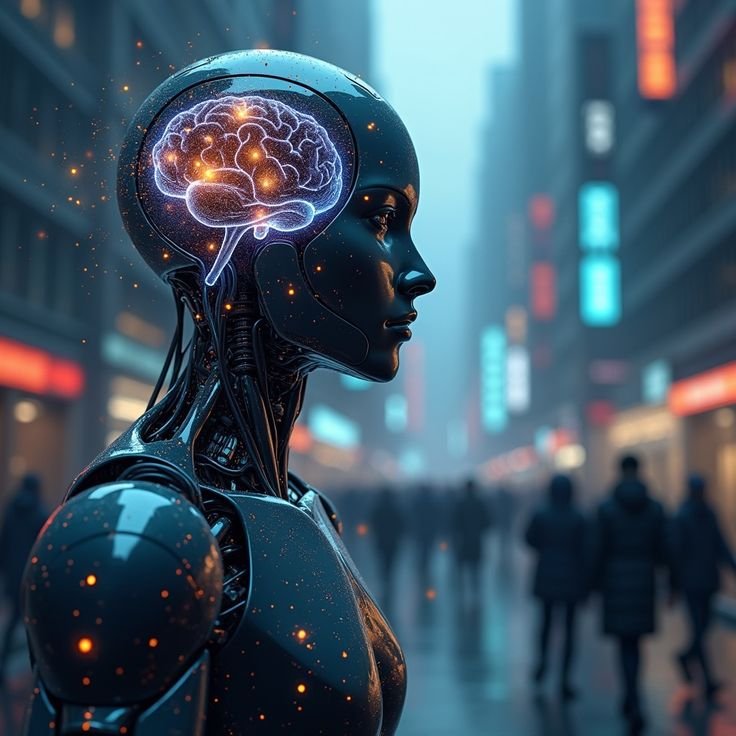Artificial Intelligence: Transforming Our Daily Lives and Reshaping the Future of Work
Artificial Intelligence:
Transforming Our Daily Lives and Reshaping the Future of WorkIn a world driven by rapid technological advancements, Artificial Intelligence (AI) has become more than just a buzzword—it’s an integral part of our daily lives. From virtual assistants like Siri and Alexa to Netflix’s recommendation algorithms, AI shapes how we interact with the world. But as this revolution unfolds, pressing questions arise: How is AI changing our lives? And what does it mean for the future of work?AI in Everyday LifeAI is everywhere, often in ways we don’t even notice. When you shop online, algorithms suggest products tailored to your interests. When you use Google Maps, AI guides you through the fastest route based on real-time traffic data. In healthcare, AI assists doctors in diagnosing diseases with greater accuracy by analyzing medical images. These applications make life more convenient and efficient, but they also raise concerns about privacy and data security.The Impact of AI on the Job MarketThe effect of AI on jobs is one of the most debated topics in the Western world. A 2013 study by Oxford University estimated that 47% of jobs in the U.S. are at risk of automation. Roles in manufacturing, customer service, and even some legal and financial tasks are increasingly managed by AI. However, this doesn’t spell the end of human work. AI is also creating new opportunities in fields like software development, data analysis, and AI ethics—areas that demand creative and analytical skills machines can’t easily replicate.
Challenges and OpportunitiesDespite its benefits, AI poses ethical and societal challenges. How can we ensure AI is used fairly and transparently? How do we protect personal data from misuse? At the same time, AI offers immense opportunities for innovation. For instance, it can help combat climate change by optimizing energy efficiency or developing sustainable solutions.
How Can Individuals Adapt?To thrive in the AI-driven future, individuals need to develop new skills. Learning to code, honing critical thinking, and staying adaptable are essential. In the West, schools and universities are integrating AI education into curricula, while platforms like Coursera and Udemy offer online courses to prepare people for this evolving landscape. ConclusionAI is not just a technological tool—it’s a transformative force reshaping society. While it presents challenges, its potential is vast if used responsibly. For Western society, deeply reliant on technology, AI offers a chance to boost creativity and productivity, provided we balance innovation with ethical responsibility. Are we ready to embrace this future?



-
Tagged Eco-friendly, Ethics, Travel, Well-being